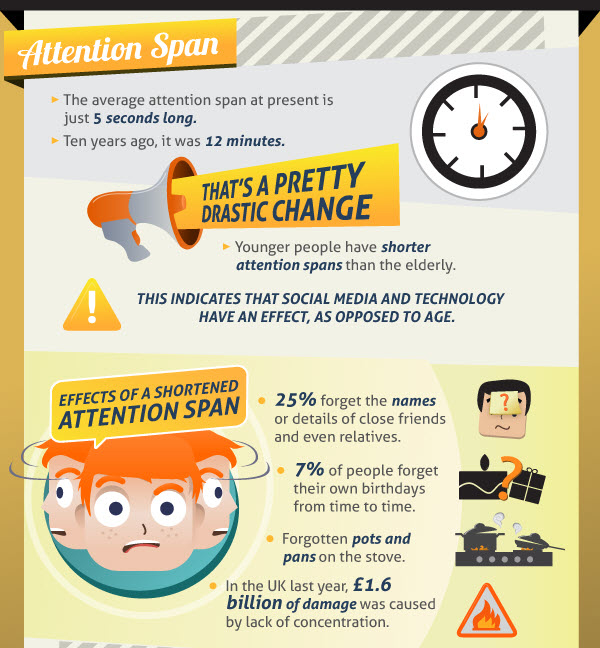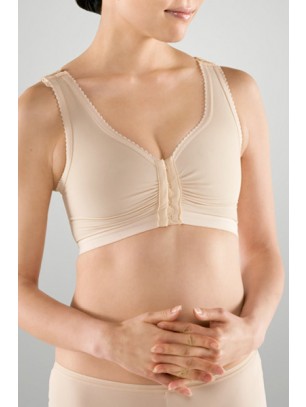I’ve received quite a few questions from friends related to my double mastectomy and delayed reconstruction (also known as the expansion process). Since clear information for non-patients is surprisingly lacking in this arena, I thought I’d do my part to remedy that.
1. Since your surgery was in April, you’re feeling stronger with each day, right?
Unfortunately, no. I get expansions every Thursday. I need to go home from the doctor afterward and take it very easy. I’m still in a lot of pain when I wake up on Friday through Saturday. By Sunday, the pain starts to gradually abate a little each day until the next expansion starts. I haven’t yet had a day without limitations or pain.
2. What does expansion entail?
My reconstructive surgeon placed mounds under my skin after the mastectomy. These mounds are called “expanders.” Most women require expanders after mastectomies since they have had radiation, lumpectomies and/or chemotherapy. (All of those compromise the viability of the skin, thereby increasing the risk of infection after the mastectomy surgery.)
During the expansion process, the doctor numbs the area where the nipple used to be and then injects saline into a port under the skin. The breast increases in size before your eyes. Depending on the woman, expansion can last for a few weeks or months.
The fact that expansion is very painful doesn’t receive a lot of attention. Some women use a numbing cream before the procedure. Others take ibuprofen or pain medicine before and after.
3. Are you done with expansion yet?
Right now, I have 400CCs of saline in my breasts. On my frame, that comes out to a DD cup. My old breasts weighed 600CCs. My doctor believes that I should be 500CCs. That’s bigger than I wanted to go, but I appreciate her concern for the aesthetics. (My skin would be a little saggy if I didn’t go bigger.)
Fingers crossed, I’m hoping that today is my last expansion.
4. How do your breasts look?
There wasn’t any bruising after the first week, which is amazing. There are thin scars across the middle of both breasts. Some of the areola on the right breast was spared, but the left breast has no areola. My nipples were taken since breast cancer can start in the milk ducts. I will have surgery next year to restore the nipples, but for the time being, I have boobs that look like a Barbie doll.
5. You said your mastectomy wasn’t that painful. My friend had a horrible time with the surgery. Do you have a high pain tolerance?
Mastectomies aren’t a one-size-fits-all surgery! Depending on how scarred or burned the skin of a woman’s breast is, she might require skin and tissue to be taken from her back or abdomen to rebuild her breast. That makes the surgery and recovery much more complicated.
I have been told that I have a high pain tolerance, but I think it’s wrong to compare one person’s experience to another. We all hopefully do the best we can with what we have to deal with. Taking pain medicine or talking to your doctor about pain management shouldn’t be viewed negatively.
6. Are you doing more this month than last?
Yes, thankfully, but it’s all relative. I’m so happy to be able to walk a lot like I used to. (I'm not walking as quickly and I need to be holding my arm over my breasts for support, but I’m okay with that.) I did participate in the Komen 5K two weeks ago, and I was proud to walk with my survivor sisters.
My upper body is very weak, though, and I’m in physical therapy. I have trouble raising my arms over my head so I can’t wash my own hair. I don’t have the strength to walk my dog or drive yet. And, it’s still tough to lift more than a couple of pounds or reach out to the side. I’ll get there, though.
A light touch against my breast is very painful. While dining with friends, someone accidentally bopped into my arm in a way that it lightly hit my right breast. I instantly had tears in my eyes and was in the bathroom getting sick within two minutes. (And, for what it’s worth, throwing up makes my breasts hurt more, as does sneezing.)
7. What’s next?
I will complete the expansion this month. I’ll continue with physical therapy to improve my strength and mobility through July. And, then, on July 31st, the surgeon will reopen the incisions on my breasts to remove the expanders and put in the real implants. There are many things that this process is, but short isn’t among them!
Did you learn anything new?
Have you or a loved one gone through the expansion process?

.jpg)

